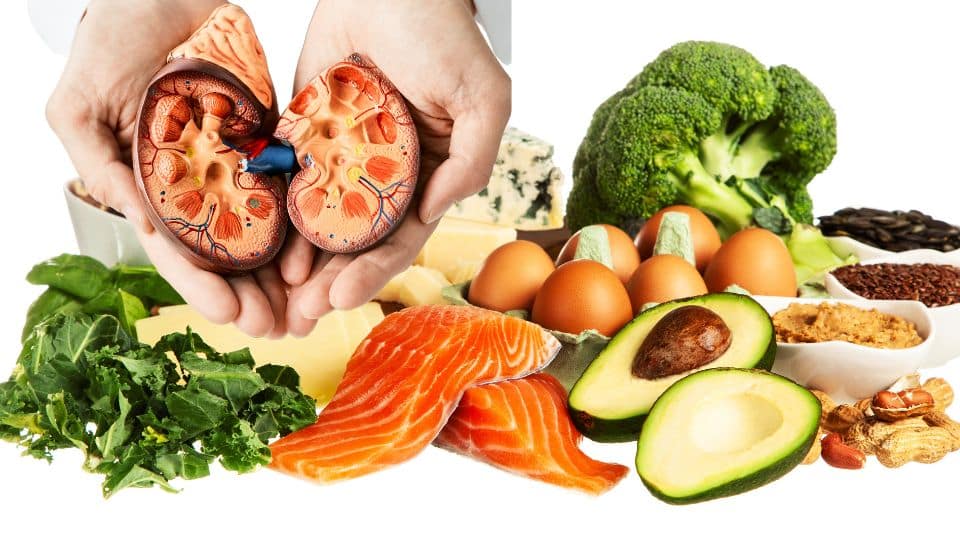Welcome. Today, we uncover the most recent advancements in medical research to improve our well-being, health, and fitness. In today’s video, we’ll explore the intriguing findings of a clinical trial on kombucha and its potential benefits for managing diabetes.”
“A pilot feasibility trial, conducted by researchers from Georgetown University’s School of Health, the University of Nebraska-Lincoln, and MedStar Health, aimed to investigate the effects of kombucha on individuals with type 2 diabetes.”
“Twelve participants with type 2 diabetes were selected for the trial and divided into two groups. One group consumed approximately eight ounces of kombucha daily for four weeks, while the other group drank a similar-tasting placebo beverage. After a two-month washout period, the groups switched beverages for another four weeks. The participants were kept unaware of which drink they were receiving.”
“The results of the trial were promising! After four weeks of drinking kombucha, the participants in the kombucha group experienced a significant reduction in fasting blood glucose levels, dropping from 164 to 116 milligrams per deciliter. However, the placebo group did not show a statistically significant difference in blood glucose levels after four weeks.”
You can also view this article: Discover the Truth: Can a High-Protein or Normal Protein Diet Help Manage Type 2 Diabetes?
“To gain a deeper understanding of kombucha’s potential benefits, researchers analyzed its composition. They discovered that the beverage primarily consists of lactic acid bacteria, acetic acid bacteria, and Dekkera yeast, with each microbe present in roughly equal measure.”
“The implications of these findings are significant. Diabetes affects millions of individuals worldwide, and managing blood glucose levels is crucial to prevent complications such as heart disease, stroke, and kidney failure. However, it’s essential to proceed with caution. This study was a small feasibility trial, and further extensive research is necessary to confirm kombucha’s benefits and potential risks for managing diabetes.”
“The researchers plan to conduct a larger clinical trial, building upon the insights gained from this pilot study. This future trial aims to provide a more conclusive answer regarding kombucha’s effectiveness in reducing blood glucose levels in individuals with type 2 diabetes.”
“In conclusion, these initial results have sparked excitement. However, it is important always to rely on evidence-based research when making decisions related to our health. If you have diabetes or any health condition, it is crucial to consult your healthcare professional before making significant changes to your diet or treatment plan.”
Remember, your health should always be the top priority.
Glossary:
- Kombucha: A fermented tea drink made using bacteria and yeast, believed to have potential health benefits.
- Fasting Blood Glucose: After an overnight fast, the blood glucose (sugar) level is commonly used to monitor diabetes management.
- Placebo: An inactive substance or treatment used as a control in clinical trials to compare the effects of active treatment.
- Feasibility Trial: A small-scale study was conducted to assess the practicality and viability of a larger clinical trial.
- Lactic Acid Bacteria: Microorganisms that convert sugars into lactic acid during fermentation.
- Acetic Acid Bacteria: Microorganisms that produce acetic acid during fermentation.
- Dekkera Yeast: A type of yeast involved in fermentation.
- Diabetes Management: Strategies and interventions aimed at controlling blood sugar levels and preventing complications associated with diabetes.
- Washout Period: During a clinical trial, participants are not exposed to any treatment, allowing any effects of previous treatments to dissipate.
- Insulin: A hormone the pancreas produces that helps regulate blood sugar levels.
- Cardiovascular Disease: A group of disorders affecting the heart and blood vessels, including heart disease and stroke.
Journal Reference:
Chagai Mendelson, Sabrina Sparkes, Daniel J. Merenstein, Chloe Christensen, Varun Sharma, Sameer Desale, Jennifer M. Auchtung, Car Reen Kok, Heather E. Hallen-Adams, Robert Hutkins. Kombucha tea as an anti-hyperglycemic agent in humans with diabetes – a randomized controlled pilot investigation. Frontiers in Nutrition, 2023; 10 DOI: https://doi.org/10.3389/fnut.2023.1190248



 By
By










